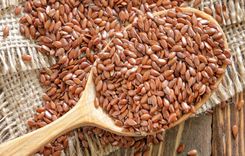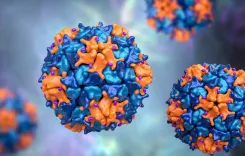Know Your Salt Intake
By Ashmal Shah
21 April 2023
Salt is an essential mineral that is found in many foods. It is an important component of a healthy diet, but too much salt can have negative health effects. the most known effects of high salt are hypertension symptoms and reasons! Knowing how much salt is enough and understanding the different sources of salt can help you maintain a healthy salt intake.
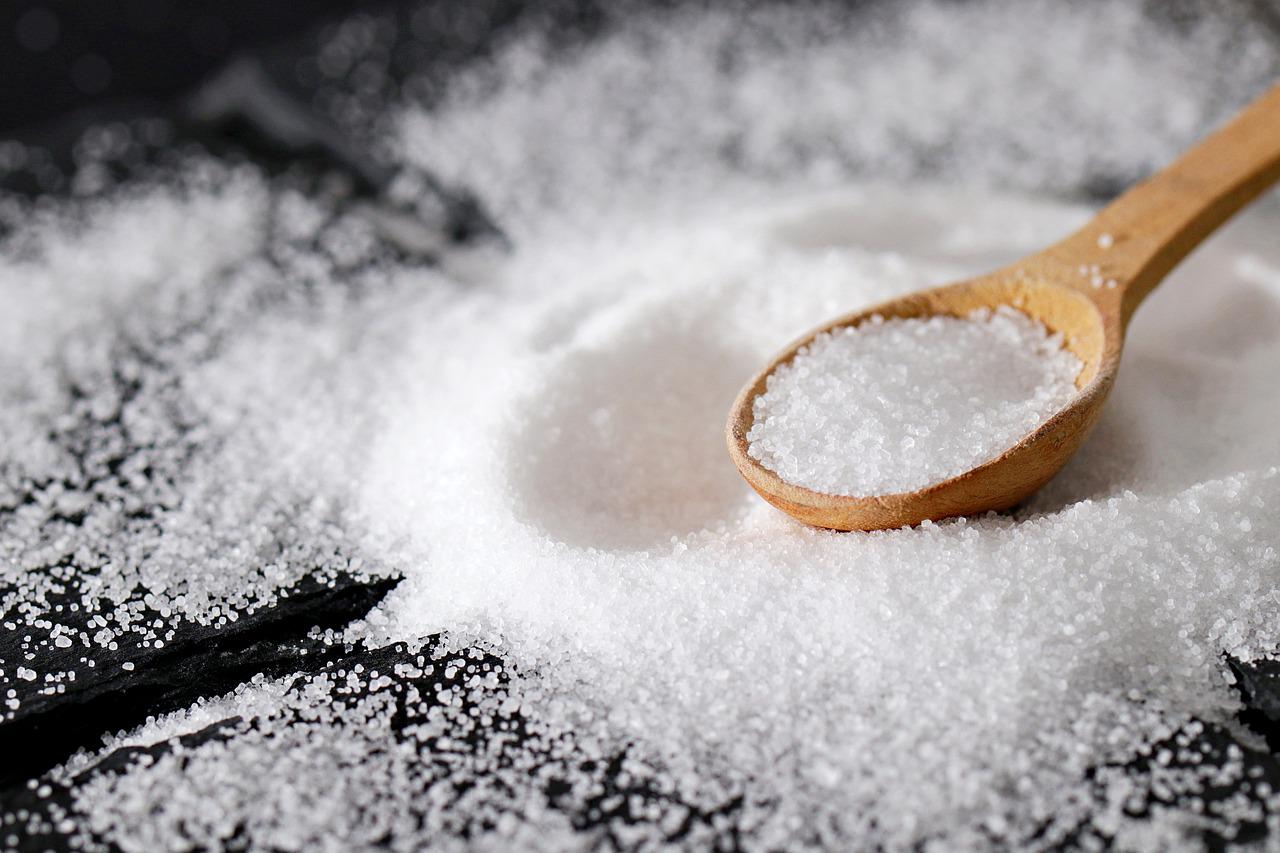
Understand Salt
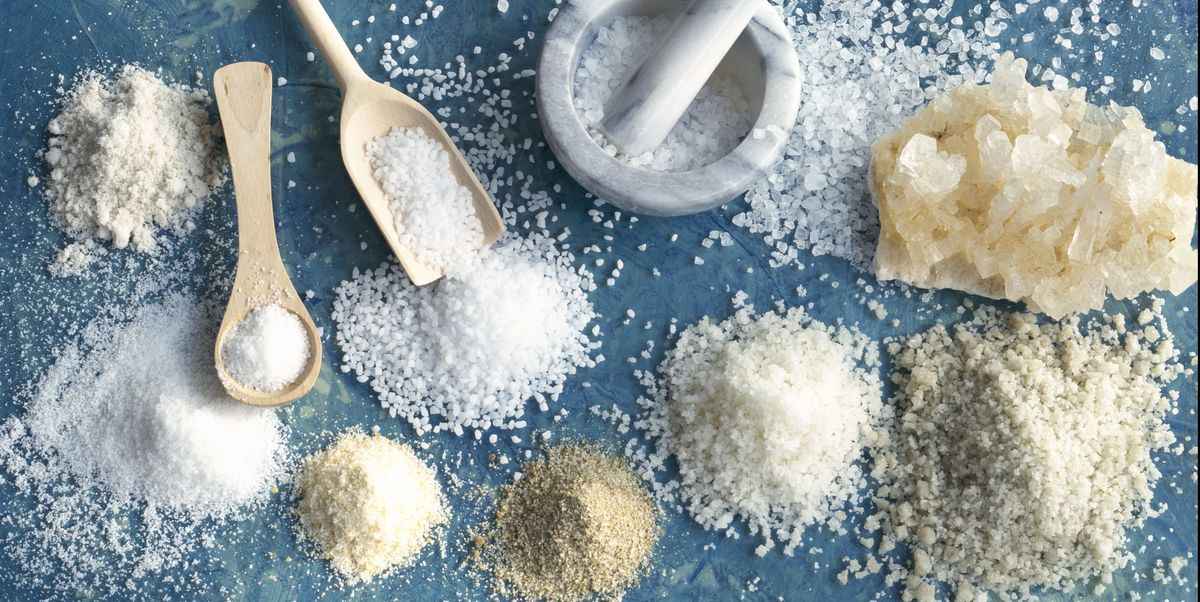
Salt is composed of two minerals: sodium and chloride. It is important for proper nerve and muscle function, water balance in the body, and to help the body digest food. It is also used to preserve food, add flavor, and enhance the texture of food.
The American Heart Association recommends that adults consume no more than 2,300 milligrams of sodium daily. This is equivalent to about one teaspoon of table salt. However, most Americans consume about 3,400 milligrams of sodium daily, which is more than double the recommended amount.
How Much Salt Is Enough?
The best way to reduce salt intake is to choose low-sodium foods, such as fresh fruits and vegetables. These foods provide essential vitamins and minerals and are naturally low in sodium.
Additionally, processed foods and restaurant meals are often high in sodium, so it is important to be mindful of the sodium content in these meals. It is also important to read nutrition labels when shopping.
Many processed foods contain high levels of sodium, so it is important to look for lower-sodium options. Additionally, many products are now labeled with the amount of sodium per serving, making it easier to make healthy choices.
Risk of High Salt Intake
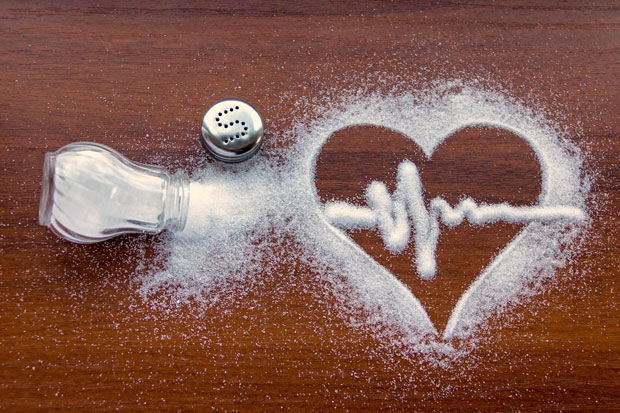
High salt intake can increase the risk of the following conditions:
· High Blood Pressure
· Stroke
· Kidney Diseases caused by high salt
It can lead to other health conditions as well. It can also lead to water retention, which can cause bloating and weight gain. Therefore, it is important to be aware of your salt intake and mindful of how much salt you consume.
Sources of Salt
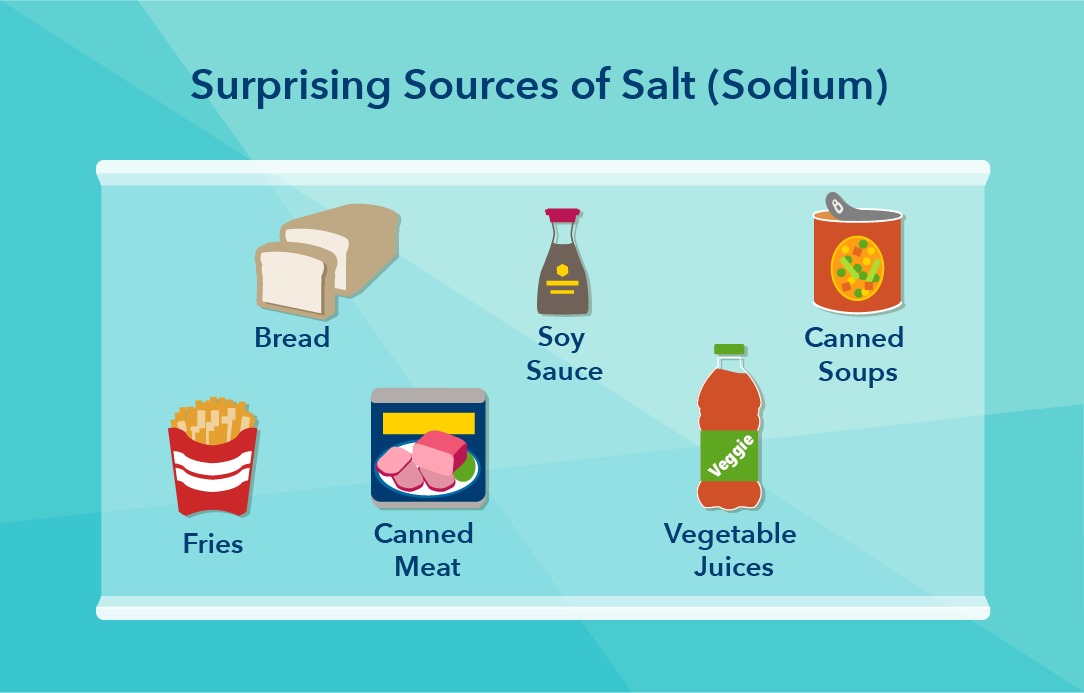
There are several sources of salt in our diet. Processed foods, such as canned soups, frozen dinners, and processed meats, can contain high levels of sodium. Even some healthy foods, such as bread, cheese, and nuts, can be high in sodium. Restaurants and fast food establishments can also be contributors to high salt intake.
Reduce Your Consumption
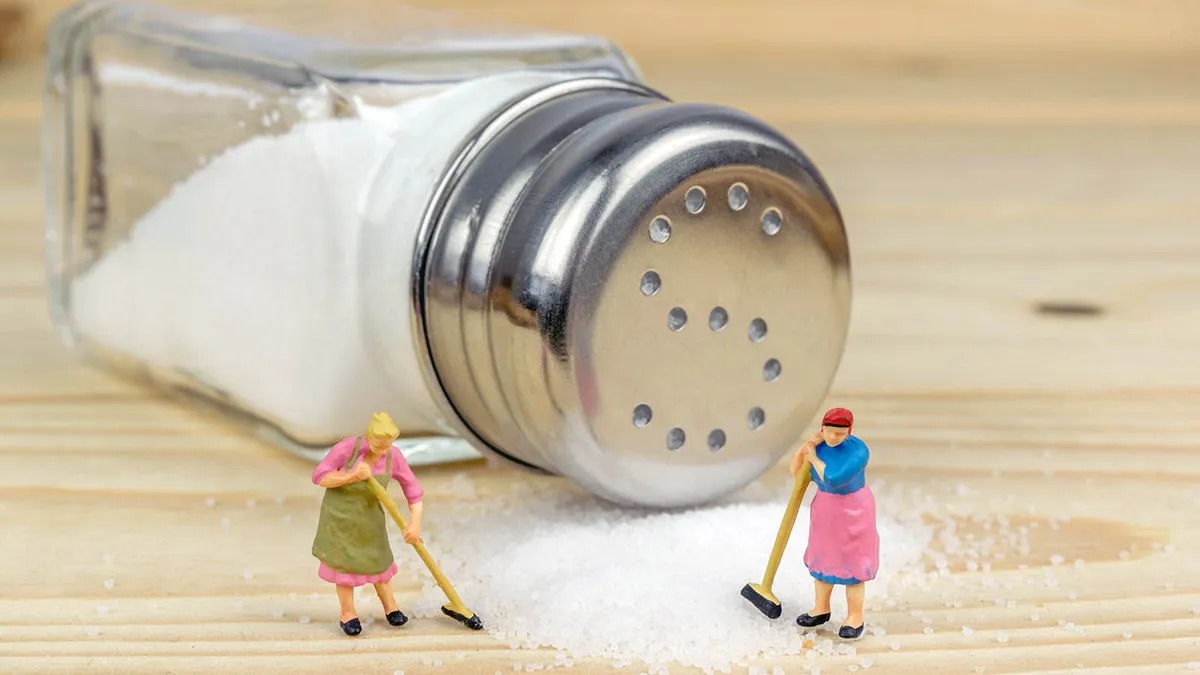
To reduce your salt intake, it is important to be mindful of the foods you consume. Read labels on packaged foods and opt for lower-sodium options. When dining out, ask for dishes to be prepared without added salt. Avoid processed foods as much as possible and opt for fresh fruits and vegetables, which are naturally low in sodium.
Use an Alternate
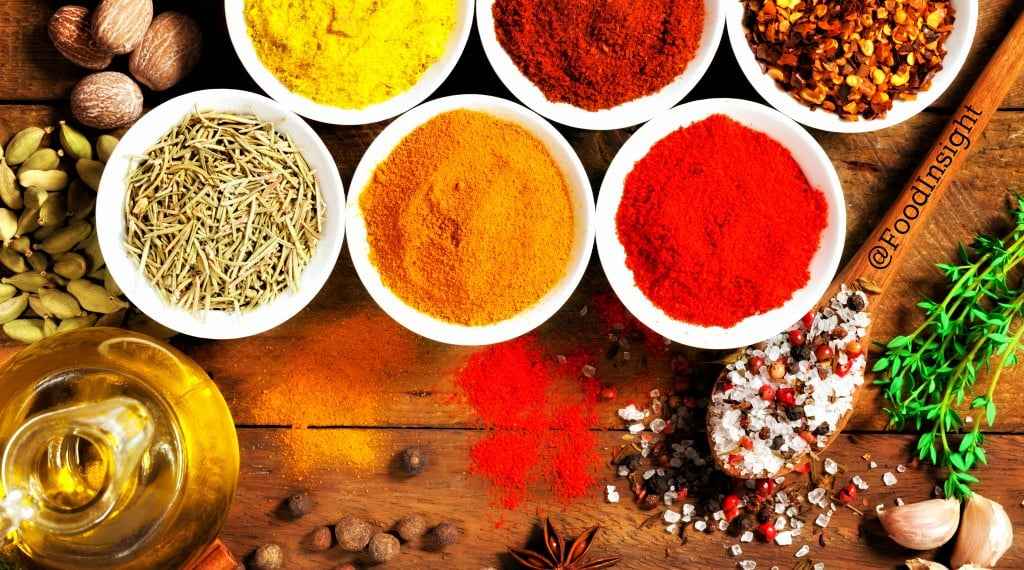
You can also add flavor to your food without using salt. Use herbs and spices to add flavor and texture to your dishes. You can also try using lemon, lime, or vinegar to add flavor to your food.
Conclusion
Salt can be an important part of a healthy diet. However, it is important to be aware of your salt intake and be mindful of the sources of salt in your diet. Eating a variety of fresh fruits and vegetables and avoiding processed foods can help you maintain a healthy salt intake. By being aware of your salt intake and making smarter food choices, you can keep your salt intake within a healthy range.
You Might Also Want To Read This
Popular Posts


